 Even if you’re a so called “Mom and Pop” MH Community operation, it’s becoming increasingly dangerous to skip the management decision to hire a specialized attorney to review your written documents and review the possible impacts of your decisions. We’ve all been guilty of thinking about laws as having specific and lasting meanings. In some cases, that judgment can be accurate. In other cases, laws can take on meanings we never anticipated. Here are two examples to consider.
Even if you’re a so called “Mom and Pop” MH Community operation, it’s becoming increasingly dangerous to skip the management decision to hire a specialized attorney to review your written documents and review the possible impacts of your decisions. We’ve all been guilty of thinking about laws as having specific and lasting meanings. In some cases, that judgment can be accurate. In other cases, laws can take on meanings we never anticipated. Here are two examples to consider.
The first example deals with a government agency.
One would think that government agencies, having access to attorneys, would have an easier time of it. By now you’ve probably heard about the U.S. Supreme Court decision in Texas Dept. of Housing and Community Affairs v. Inclusive Communities Project, Inc., 13-1371. It’s the case where the use of “disparate impact” charges in the Fair Housing Law was upheld for the first time by the U.S. Supreme Court.
As a matter of fact, the Obama administration did not want the issue of disparate impact to go before the Supreme Court, fearing that that the practice would not be approved. Yet, it was approved on a 5-4 decision.
The Texas Department of Housing and Community Affairs, the agency that oversees the federal housing tax credits in Texas, basically lost the case because there were too many tax credits awarded to developers for use in lower income neighborhoods. Some would see the past practice as beneficial because low income people were receiving housing at vastly reduced rental rates. When the disparate impact theory comes in, the result is seen as further segregating minorities from the rest of society. Developers and state agencies around the country will have to take heed. Developers will need to hire counsel, both familiar with laws and the vision to determine whether disparate impacts will be created.
The second example deals with a trend happening in Iowa.
On the general topic of unforeseen legal implications, Iowa landlords need to be especially concerned about provisions in their leases for residents. In an Iowa Court of Appeals decision from last year, Staley v Barkalow, the court made two decisions.
First, the decision has set a pattern of making class action lawsuits by tenants easier. The Court of Appeals overruled a Johnson County District Court decision which had rejected the request for a class action.
Second, the court ruled that merely having illegal provisions in a lease is actionable, even if the landlord never acted on the provisions. The debatable point was what does the word “use” mean in Iowa Code 562A.11(2): “If a landlord willfully uses a rental agreement containing provisions known by the landlord to be prohibited, a tenant may recover actual damages sustained by the tenant and not more than three months’ periodic rent and reasonable attorney fees.”
Actual damages, three months’ rent, and attorney fees for the tenant, as well as your own attorney fees, can be expensive for one resident’s case. However, when you add up all the residents who had the same illegal lease provisions, going back over a number of years, you’re talking about some serious cash. That’s the impact of the class action ruling. Assisting Brooke Staley and the class is an organization called “The Tenants’ Project,” which is managed by Iowa City attorney, Christopher Warnock.

The defendants’ attorneys argued that “to use” a lease provision means that you had to enforce or attempt to enforce a provision, even if the provision was illegal. The new theory in Iowa now is that inclusion of an illegal lease provision is “a use” if the landlord willfully and knowingly included it in the lease.
It’s not particularly difficult to prove that a landlord should have known about the provisions of the landlord/tenant law, or knew what was in the lease and what it means. Judges generally operate under the assumption that landlords know the landlord/tenant law and that tenants do not. This assumption is part of the underlying theme of the Barkalow decision: landlords use illegal provisions as a business strategy because tenants assume landlords know the law and that tenants don’t often challenge landlords who refuse to return security deposits or who make illegal charges to tenants.
The Tenants’ Project now has three other class action cases in Iowa City, including one against the largest landlord in the city, the Clark family, doing business as Apartments Downtown, Inc. This landlord specializes in rentals to University of Iowa students. The class action captures all who signed a lease from 2010 through 2014, literally thousands of tenants. Christopher Warnock, the plaintiffs’ attorney, estimates “the total amount of illegal charges on tenants and possible punitive damages could total several million dollars.”

As attorneys in Iowa learn that class action lawsuits are easier propositions, we can expect more of them, especially since all you have to do is to find landlords with illegal provisions in their leases, whether they acted on these provisions or not. Many attorneys had probably stayed away from suing landlords, especially representing individual tenants. That job was usually the province of the Legal Aid attorneys who could only handle a fraction of possible cases.
Landlords need to have their leases reviewed by competent counsel. Too many landlords have borrowed leases from others, not knowing whether the original document was written by or vetted by an attorney. In the opening sentence of this piece, the phrase specialized attorney was used.
You can’t just hire any attorney for the job. It needs to be an attorney with experience in landlord/tenant issues. You can call your state or region’s manufactured housing association office, or call other manufactured home community operators for referrals to good counsel. If you call enough people in the industry, the same attorney names will likely crop up.
Those are your candidates: attorneys with knowledge and experience in the field of property management, and hopefully, manufactured home community (MHC) property management.
If you select just a regular attorney, particularly in a small firm where no one does our kind of MHC legal work, you’ll get the privilege of paying extra money for the attorney to try to get up to speed on the issues.
With regard to lease provisions, there is no excuse to put in illegal provisions. The best defense is to know the law and to present a lease that is both legal and fair to residents. ##
 By Joe Kelly, Iowa Manufactured Housing Association Executive Director.
By Joe Kelly, Iowa Manufactured Housing Association Executive Director.
Editor’s Note: Joe Kelly is one of the inductees in the upcoming Class of 2015 for the RV MH Hall of Fame. You can learn more about this highly respected state association executive in this interview we did with him previously, A Cup of Coffee with…Joe Kelly.



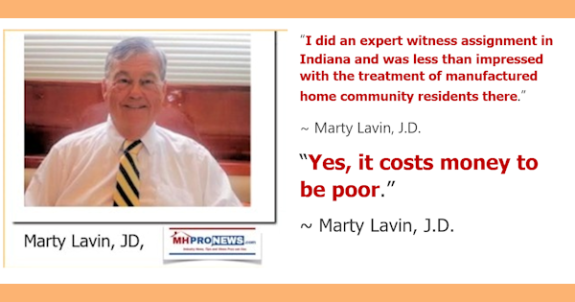
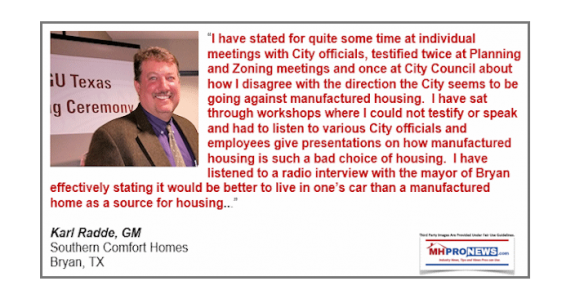
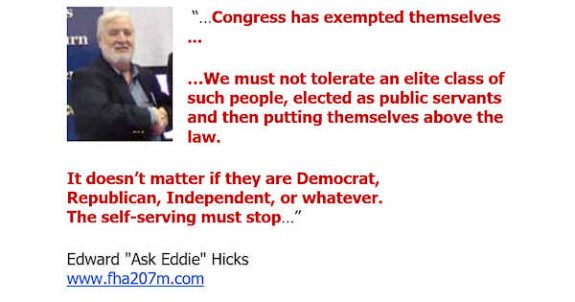
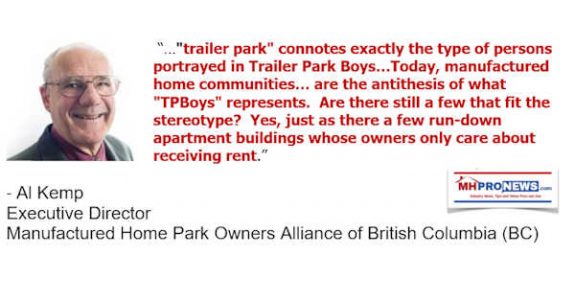
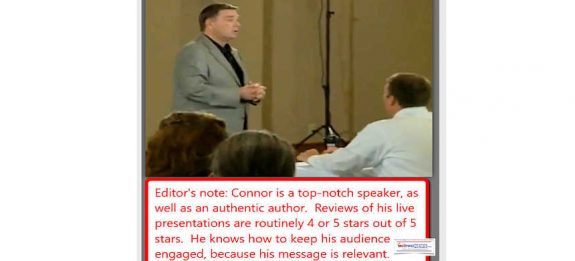
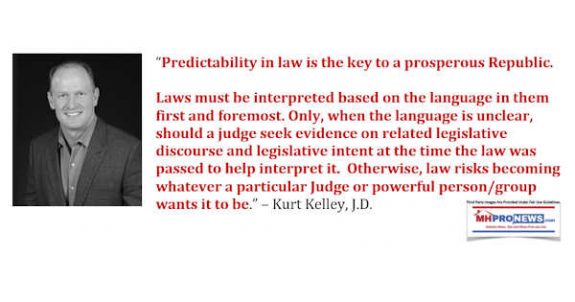

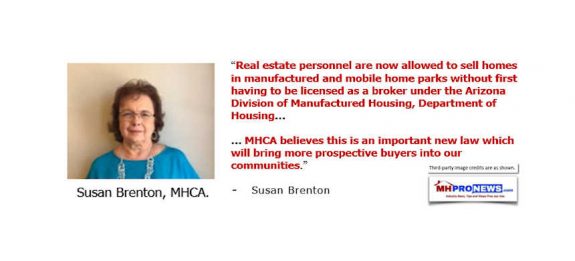
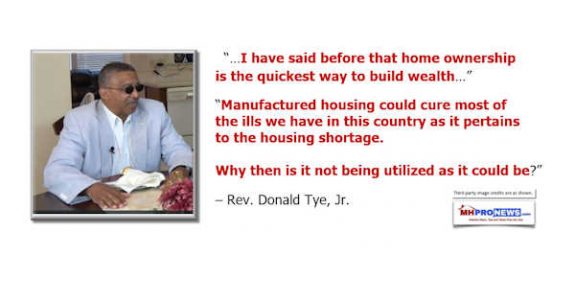
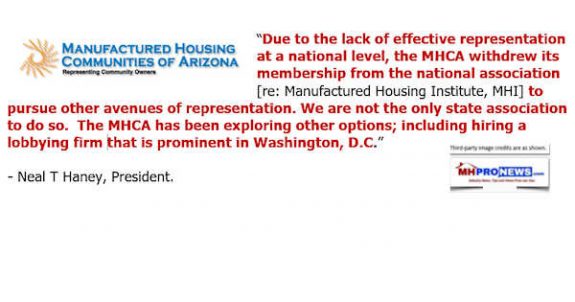
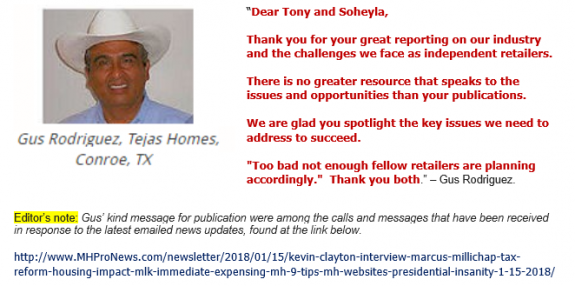
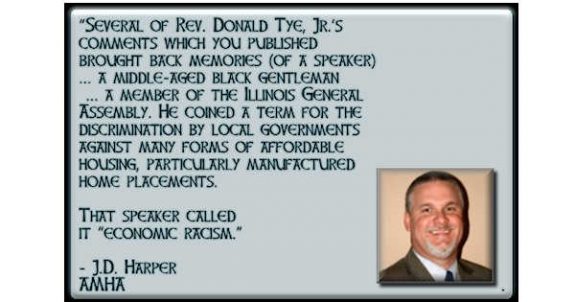
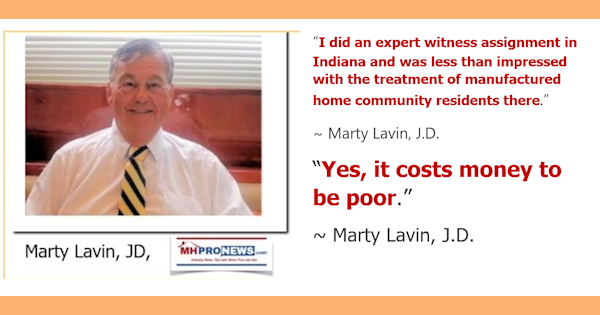
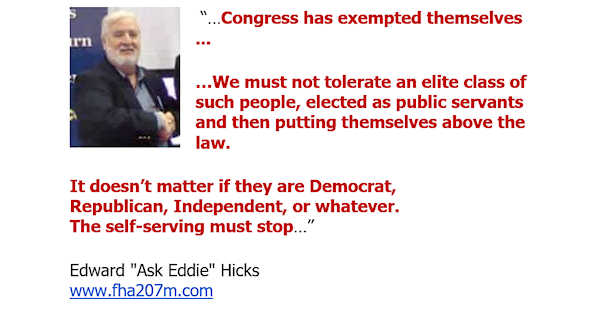
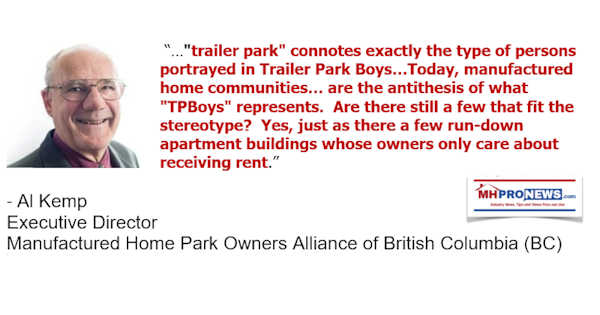
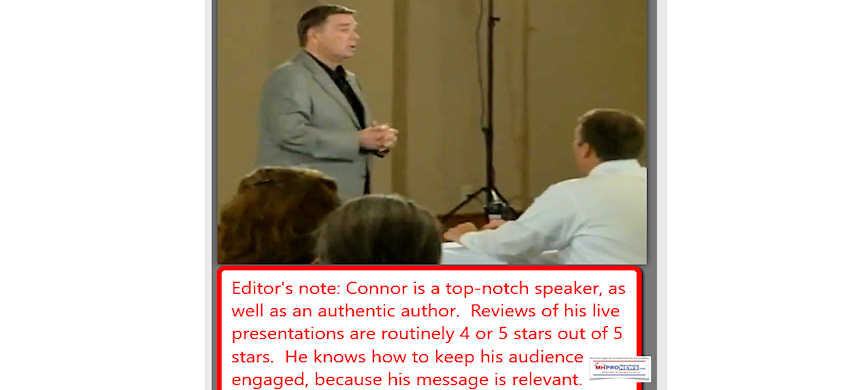
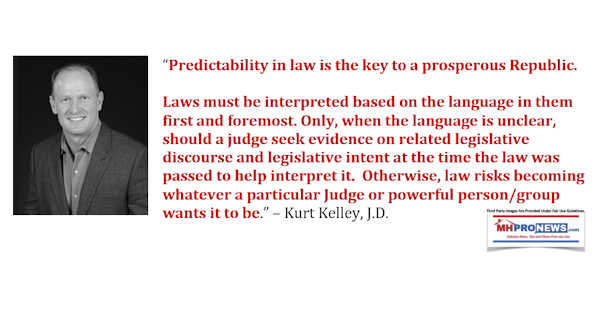

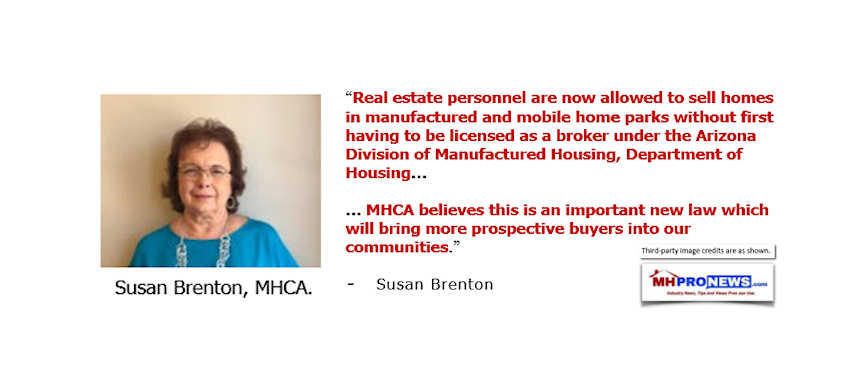
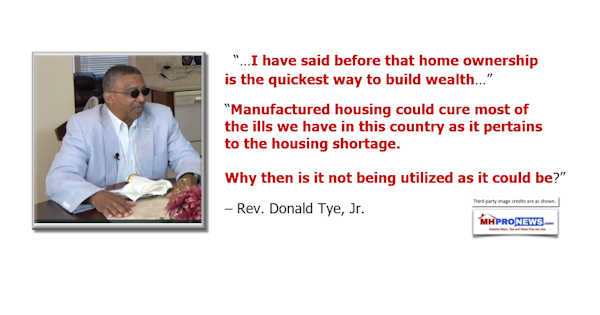
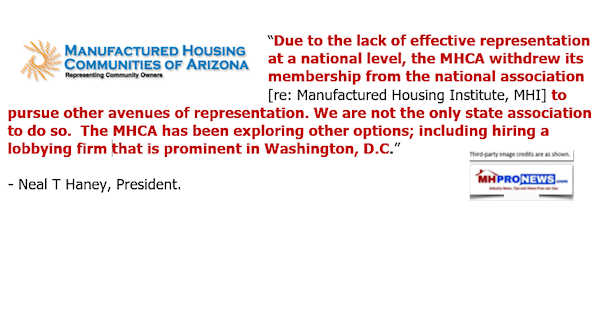
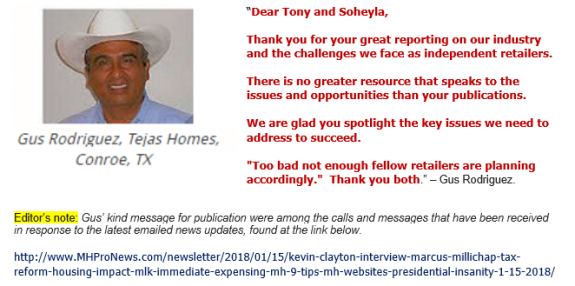
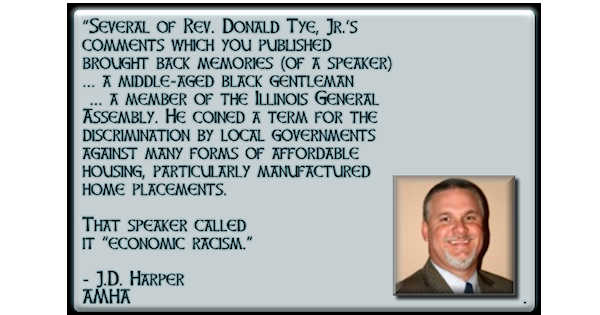
Karl Radde – TMHA, MHI, Southern Comfort Homes – Addressing Bryan City Leaders, Letter on Proposed Manufactured Home Ban
To All Concerned [Bryan City Officials, Others]: As the retail location referenced by Mr. Inderman, I would like to take a moment to address the …